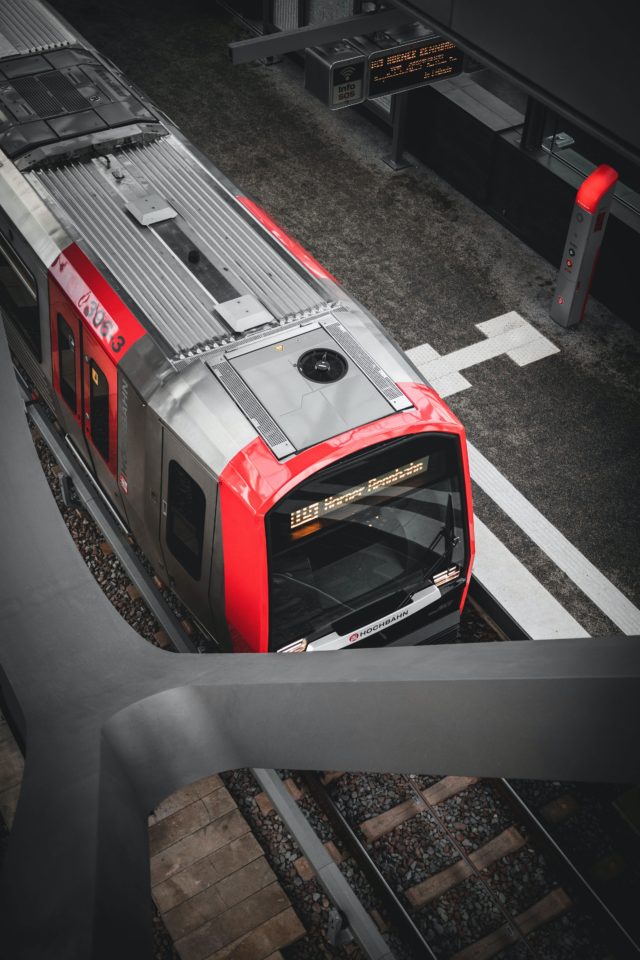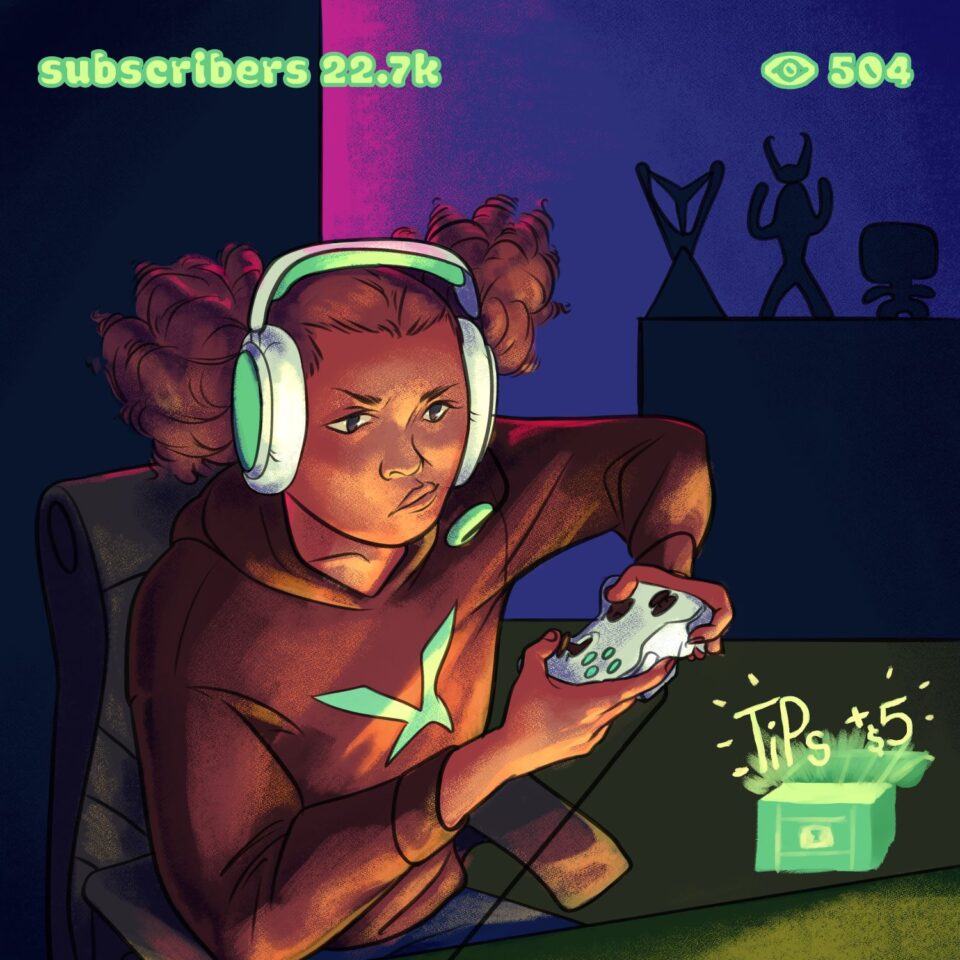TUM Think Tank
Where today's societal challenges meet tomorrow's technological excellence.
The introduction of the 9-Euro-Ticket in the summer of 2022 completely changed the landscape of public transportation in Germany: High prices and a complex network of local ticketing became a shadow of the past, with people getting access to cheap and easy-to-use tickets for nationwide public transport. The 9-Euro-Ticket was seen as such a success story that public campaigns built up enough political pressure to perpetuate the idea of nation-wide, affordable public transportation via the so-called “Deutschlandticket” (aka 49-Euro-Ticket).
Shaping the mobility transition in Munich and beyond
The goal of the project Mobilität.Leben is to study the unprecedented social and political experiment of the 9-Euro-Ticket and its successor by collecting unique data on the everyday mobility of the people and providing insights for mobility experts, policymakers and the wider public. The gained insights will help to better understand the mobility behavior and support the design future mobility solutions by addressing questions like what should the future mobility world look like, how can traffic become more efficient, or what policy measures are effect to shape the mobility transition. It hence contributes to evidence-based policymaking and data-informed public debate.
To this end, the interdisciplinary group of researchers used a smartphone tracking app specifically designed by our partner MOTIONTAG. This fine-grained data allows the tracing of the mobility behavior of people in real-time, both regarding their mode of transportation and its purpose. Moreover, the group conducted several surveys both with a focus on the metropolitan area of Munich as well as Germany. During its first phase, more than 1.000 people participated in this study.
Topics, activities & formats
Mobilität.Leben Research Group.
The research group regularly publishes reports and notes targeting a wider public audience. Moreover, it has created a publicly available dashboard that allows people to browse key information concerning the mobility behavior in the Munich’s metropolitan area on an aggregate level. The research group also organizes workshops uniting academics and practitioners in order to share information and insights relevant to shape the mobility transition.
Mobilität.Leben Public Outreach.
The research group frequently gives interviews, presentations, and public talks, and its findings are covered by various national and international news outlets. In collaboration with the Agora Verkehrswende and the Stiftung Mercator, a webinar series has been organized where the findings from various studies on the 9-Euro-Ticket and relevant policy recommendations are discussed.
Partners & organization
Mobilität.Leben hosted at the TUM Think Tank is co-led by Klaus Bogenberger and Allister Loder. The interdisciplinary team of researchers includes, among others, Lennart Adenaw, Andrea Cadavid, Fabienne Cantner, Sebastian Goerg, Felix Götzler, Stephan Günnemann, Thomas Hamacher, Markus Lienkamp, Sebastian Pfotenhauer, Miranda Schreurs, Stefan Wurster, David Ziegler (in alphabetic order). The project is further advised by Wolfgang Wüst (Bavarian State Ministry for Housing, Construction and Transport), Georg Dunkel (Mobility Officer of the City of Munich), Bernd Rosenbusch (Munich Transport Association, MVV) and Ingo Wortmann (Munich Transport Company, MVG). The team closely cooperates with the Munich Cluster for the Future of Mobility in Metropolitan Regions (MCube).
TL;DR
Mobilität.Leben provides key insights into the travel behavior and everyday activities for the metropolitan area of Munich by analyzing the effects of 9-Euro-Ticket and its successor formats.














